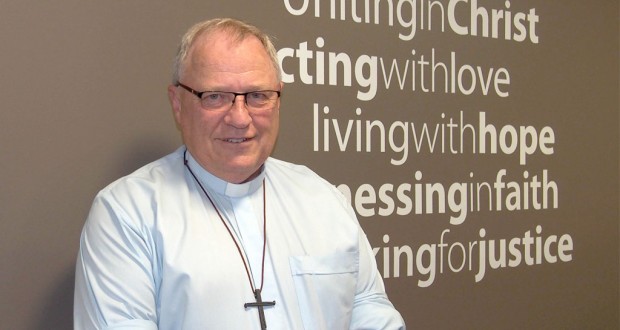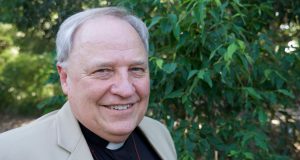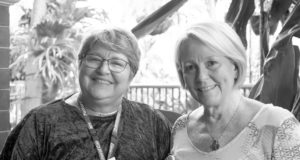Generously funded by the estate of the late Clem Jones, the pro-euthanasia groups have begun a campaign to change the law in Queensland.
The end of life, and the way life on this earth finishes, is something that challenges our modern notion that as individuals—provided we have sufficient agency, which usually means sufficient money—we have the power to choose, the power to manipulate our circumstances to our desires.
The Queensland Synod resolved in 1996 that it opposed the legalisation of active voluntary euthanasia.
For the state to legislate in a medical context that one person can purposefully take another person’s life is a profound change to the ordering of our society. Contemplating such an action needs careful thought and discernment.
To legalise the purposeful taking of life would put significant pressure on those authorised, and would also introduce, often at the time when one is most vulnerable, pressure on people to take such an action so that they are not a burden on others.
The public spaces in which euthanasia advocacy takes place are a long way from the intimate and sensitive spaces that are created near the end of life.
Since 1996 there have been significant advances in pain management, palliative care, and in mechanisms such as advanced life directives that provide much better support for those nearing the end of life.
One argument commonly put is that “we treat animals better”—referring to the euthanizing of animals. But that’s not really true; the investment we put into the end of life care and the reverence we have for human life means this statement is really nonsensical.
At whatever time this discussion is energised in our society, the church will continue to speak for the needs of the most vulnerable and those who care for them.
Rev David Baker
Moderator, Queensland Synod
Keep an eye out for the Autumn 2018 edition of Journey which will include a feature article exploring how we can talk about euthanasia and end-of-life issues.
 JourneyOnline
JourneyOnline





